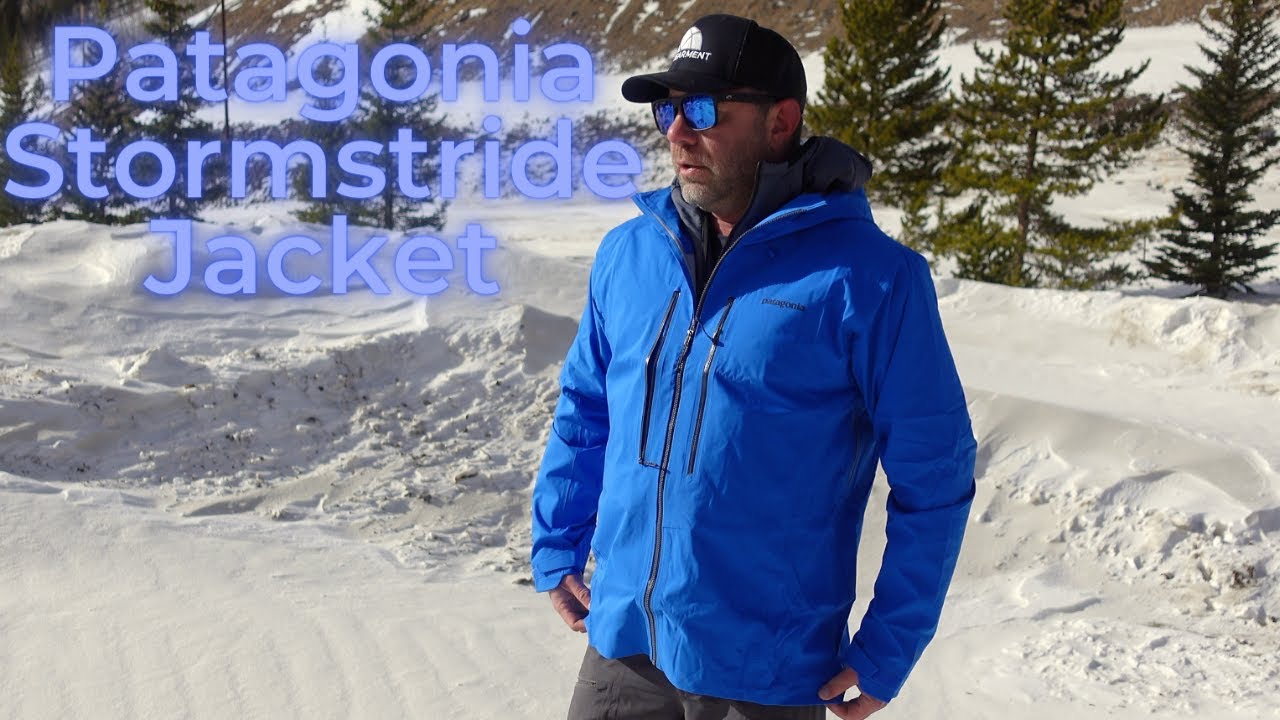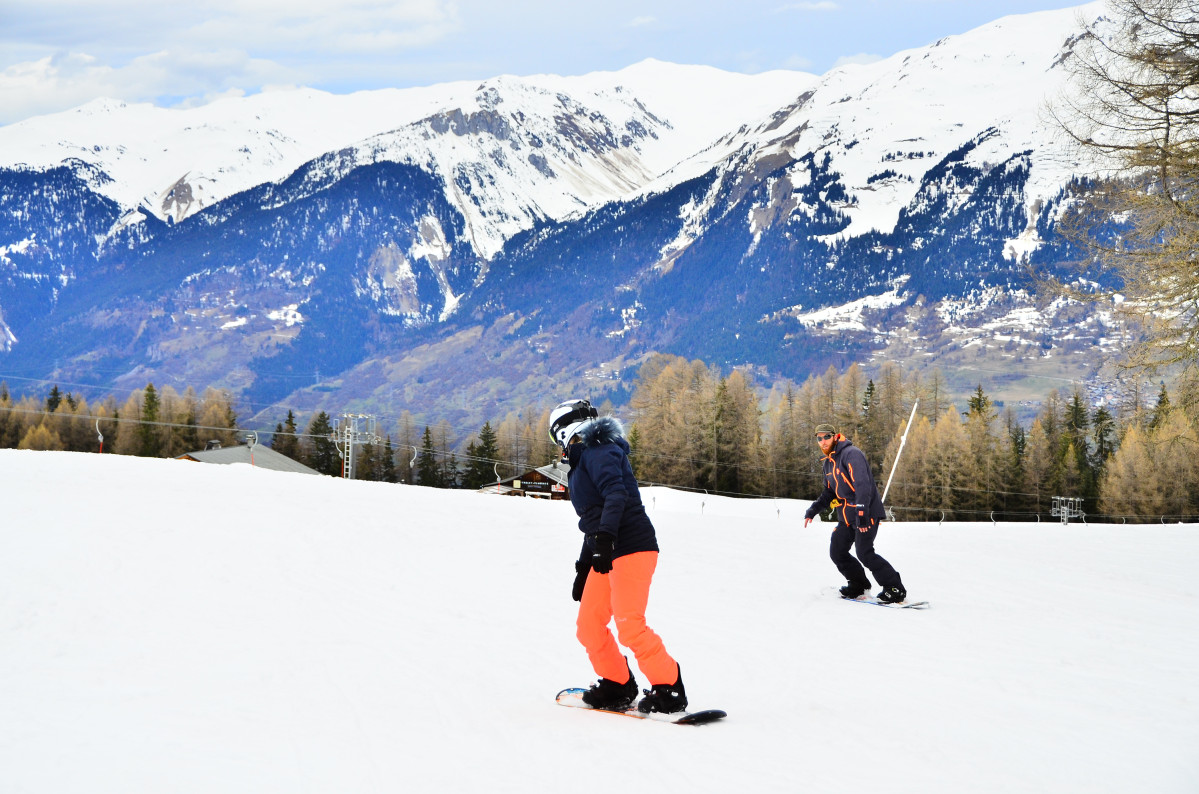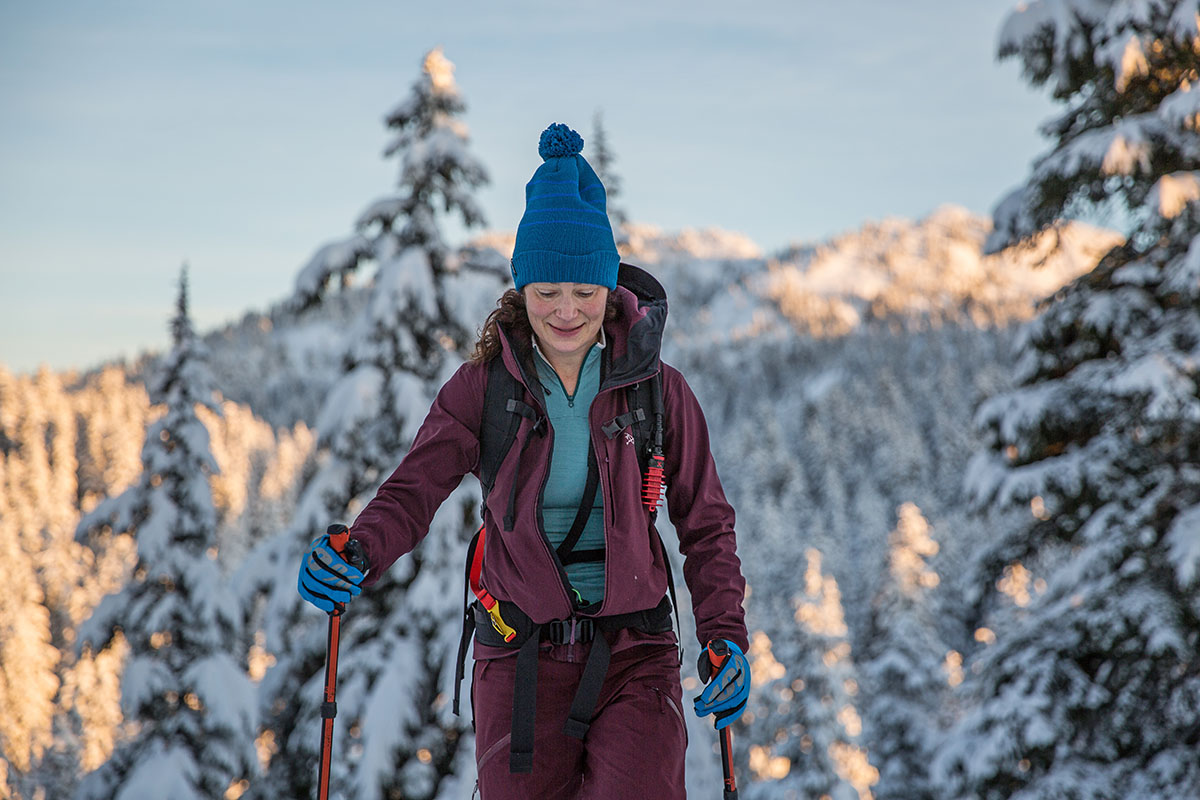
Skiing competition refers to a competitive sport in which athletes use long, flat runners called "skis" to glide on the snow. It's an excellent way to get your exercise in and take in the fresh air.
Skiers compete in a variety of disciplines, such as cross country skiing, alpine skiing, freestyle skiing, and snowboarding. Each discipline is defined by its own rules.
Alpine skiing is a popular form of skiing. The Winter Olympic Games are held every four years. There are five main disciplines: slalom/giant slalom/super G downhill, parallel, combined.
The races are timed and the winner is determined by the skier who completes the course in the fastest time. Skiers are eliminated according to their times until they reach round one.

The judges will watch the form and technique of the skiers throughout the race. They will assign a score to each skier according to their performance, and they may make deductions for mistakes.
Competitively skiing is governed by several rules. It is crucial to adhere to these rules. If a judge sees that you are using skis too short or not following the rules, you can be disqualified from the competition.
A bad attitude towards the judges or staff could also lead to your ban. You should always be polite and helpful with the judges and staff, as they may be able to help you improve your performance.
Downhill racing can be described as a ski race that takes place on closed slopes that are chosen for their length and gradient. Racers race down the slope, one at a.m. They must pass a minimum 8 meter (26 ft.) distance. The race is won if the skier finishes the course first and does not miss a gate.
Many skiers save their best performances for the final run. They do this because they know that the final run will be their hardest and they want to maximize chances of winning.

It is dangerous and can lead to serious injuries. The most common accidents in this type of competition occur when a skier hits a tree or falls off the course.
There are a number of other things that can cause accidents in skiing competition, and it is essential to be aware of them. Wearing goggles or a gator on the slopes is a smart idea, especially when it's raining or snowing.
It is also a good idea not to speed down the slopes. A sign that states "slow" should not be ignored. You could end up getting fined.
Skiing competitions can be exciting and entertaining, but they can also pose danger if you don't follow the rules. It is a good idea, before you head out on the mountain, to verify the rules for the event.
FAQ
What are some ways to make traveling more enjoyable for my family?
Traveling is not about just getting from point A and B. It should not be about just getting from point A to B.
So, we created the app "Traveler", that helps you plan your trip using itineraries that are based on what interests you.
We are currently working to add more features, such as booking flights, hotels, and renting cars.
The goal of this project was to create an easy travel planning tool for those who want to explore more while they're on the road.
How do you prepare your body for vacation?
You need to eat and exercise regularly to maintain a healthy lifestyle while on vacation.
Also, make sure you get plenty of sleep before you go.
It is important to ensure that you have all required travel documents and medication.
If you are planning on taking any medication while you travel, make sure you have enough to last you until you return to your home country.
Make sure you bring a change of clothes in the event that you are injured or get sick.
Which countries are known for their best food?
The food available in each country is different. It's not easy to tell which countries have the best cuisine.
But, we can still tell you where the best cuisine is!
The top three countries, according to TripAdvisor users, are:
-
Italy - Italy was voted #1 by TripAdvisor users because of its incredible food.
-
France – France was ranked 2nd because of its rich cultural and culinary heritage.
-
Spain - Spain came 3rd due to its beautiful beaches, great weather, and wonderful people.
Statistics
- Case in point: the private island of Ilha Caldeira, less than seven miles off the coast as part of the Primeiras and Segundas Archipelago, is located within the marine-protected area with 20 percent of the country's intact living coral. (travelandleisure.com)
- You can use compression sacs or cubes to reduce the volume of your clothes by up to 80%—this is especially convenient for bulky items such as sweaters and jackets. (eaglecreek.com)
- Alcoholic beverages with 24% alcohol or less are not subject to limitations in checked bags. (tsa.gov)
- Pack sweaters, jackets, and underwear in reusable compression bags creating up to 75% more space in your luggage. (wikihow.com)
- Alcoholic beverages with more than 24% but not more than 70% alcohol are limited in checked bags to 5 liters (1.3 gallons) per passenger and must be in unopened retail packaging. (tsa.gov)
External Links
How To
What are the top travel tips for beginners
Although traveling can be an exciting experience, there are many things you need to avoid to ensure a safe trip.
These are some basics to help you plan your next trip.
-
Book early. The lower the price, the earlier you book. By booking in advance, you can save money on hotels and flights.
-
Stay-at-budget accommodations. Hotels at a lower price offer more value. These hotels are often located close to shopping and public transportation.
-
Don't overpack. Be light. Make sure you have enough space for souvenirs and other gifts. You should wear clothes that fit comfortably and don't wrinkle easily.
-
Be sensible. Be careful if you're on your own. Avoid areas with high crime and insecure neighborhoods.
-
You can take precautions to prevent theft. Keep valuables safe from prying eyes. Never leave anything valuable unattended when you go swimming.
-
Take extra care when handling cash. Tourists in foreign countries are often the targets of thieves. Avoid exposing your cash and only use ATMs in banks or other secured facilities.
-
Know what you're doing. You should know how to use public transport before you book a hotel. Discover information about tourist attractions and restaurants.
-
Learn about safety. Before you go, find out about the local laws, customs and culture.
-
Have fun. No matter what happens, enjoy yourself. It's worthwhile.